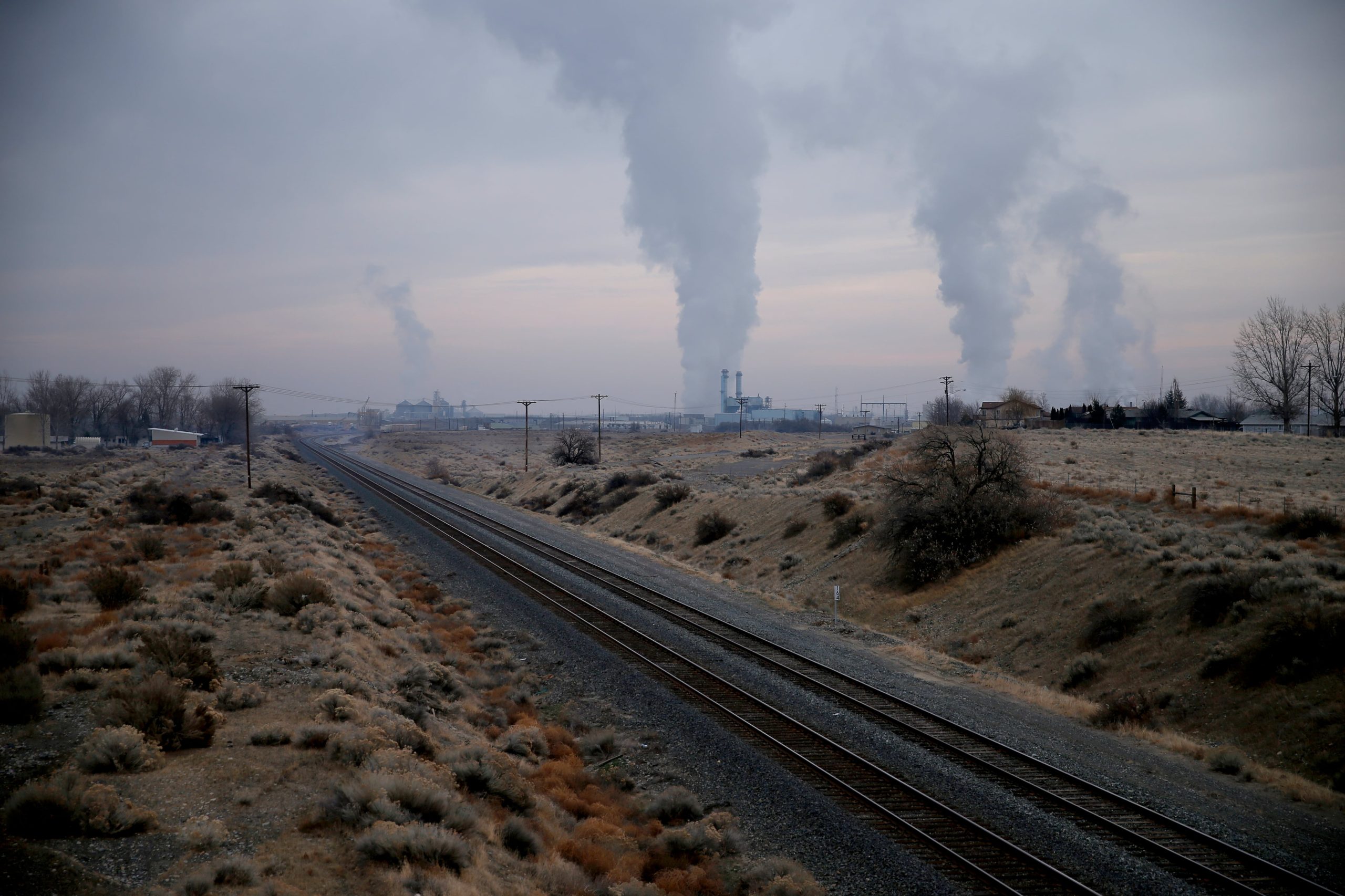At its first public hearing, a bill that would force thousands of farms to report their fertilizer use to the Oregon Department of Agriculture was met with a strong turnout that was overwhelmingly against the proposal.
Senate Bill 747 would mandate that farms larger than 200 acres report to the department on their annual fertilizer use, including the type of fertilizer used, the amount applied, and the crop planted on the fertilized field.
Sen. Khanh Pham, a Democrat from Portland, who is the bill’s sponsor, stated that she wants the state agriculture department to monitor fertilizer applications in order to determine how and where high concentrations of fertilizer-derived nutrients, like phosphorus and nitrogen, are entering and contaminating surface and ground water.
Well water in vital groundwater areas is becoming dangerous to drink due to excesses of those nutrients, which also frequently trigger summer algal blooms in some sections of the state. According to the Oregon Department of Environmental Quality, the majority of groundwater nitrate contamination in Morrow and Umatilla counties is caused by irrigated agriculture.
According to the department, the area is in catastrophic condition, and thousands of people cannot drink the well water. The government just discovered that over the past ten years, the area’s nitrogen pollution has gotten worse.
Companies that release water containing fertilizers and other contaminants are required under state and federal legislation to get a permit and notify the state of the wastewater applications. However, historically, that reporting has not applied to farms, which spew quantities of manure and fertilizer.
Pham informed the Senate Committee on Natural Resources and Wildfire that Senate Bill 747 does not impose any restrictions. It only gathers information so that organizations can reduce fertilizer waste, increase efficiency, and offer better technical support.
Pennsylvania has similar legislation, she added.
Approximately 75% of the more than 100 individuals and organizations who have provided written testimony are against the bill. Among them are officials from the Oregon Forest Industries Council, the Oregon Farm Bureau, and the Oregon Seed Association.
According to the Census of Agriculture conducted by the U.S. Department of Agriculture in 2022, approximately 75% of Oregon’s irrigated farms are smaller than 200 acres. However, the state’s total irrigated acreage is greater than the sum of the smaller farms, with 3,100 irrigated properties totaling more than 200 acres.
According to the measure, large irrigated farmland owners expressed concern about severe fines of up to $10,000 for either not submitting the data or being discovered by the state to be overfertilizing.
During their in-person and video testimony, they mostly voiced worries about the inability of state agencies to comprehend the rate at which fertilizer is taken by the hundreds of crops grown in the state in different types of soil. They claimed that agencies’ attempts to monitor the data and identify trouble regions would be costly and ineffectual.
State Representative Bobby Levy, R-Echo, testified against the bill because she fertilizes her Boardman farms with nitrate-rich effluent from the Port of Morrow.
According to her, requiring producers to submit raw data on fertilizer use ignores the complexity and propagates the false idea that overuse or environmental impact can be determined just by application rates.
Over the past 20 years, the Port of Morrow has violated its wastewater permit almost annually, causing nitrate contamination to persist by overapplying nitrogen-rich wastewater from food operations at the port to farmers around the Lower Umatilla Basin Groundwater Management Area.
Woodburn farmer John Iverson, who opposed the bill in his testimony, voiced worries that fertilizer regulations similar to those in Denmark might result from states gathering fertilizer data. In order to strictly manage possible pollution, farmers are required to submit fertilizer plans to the government annually.
According to Iverson, this has had unexpected repercussions. He said he met with pig farmers in the nation who now have to buy animal feed from Brazil since Danish farmers are unable to produce enough of it due to fertilizer regulations.
This is a precarious situation. He said, “I implore you to vote no.”
However, scientists at Denmark’s University of Aarhus discovered that those fertilizer limitations significantly affected the quality of the water. Nitrogen pollution in over 80 streams throughout Denmark decreased by an average of 29% to 32% during the first 15 years of the laws, from 1989 to 2004, and in some areas, it was halved.
— Oregon Capital Chronicle’s Alex Baumhardt
Established in 2021, The Oregon Capital Chronicle is a nonprofit news outlet that specializes in Oregon politics, government, and policy.



